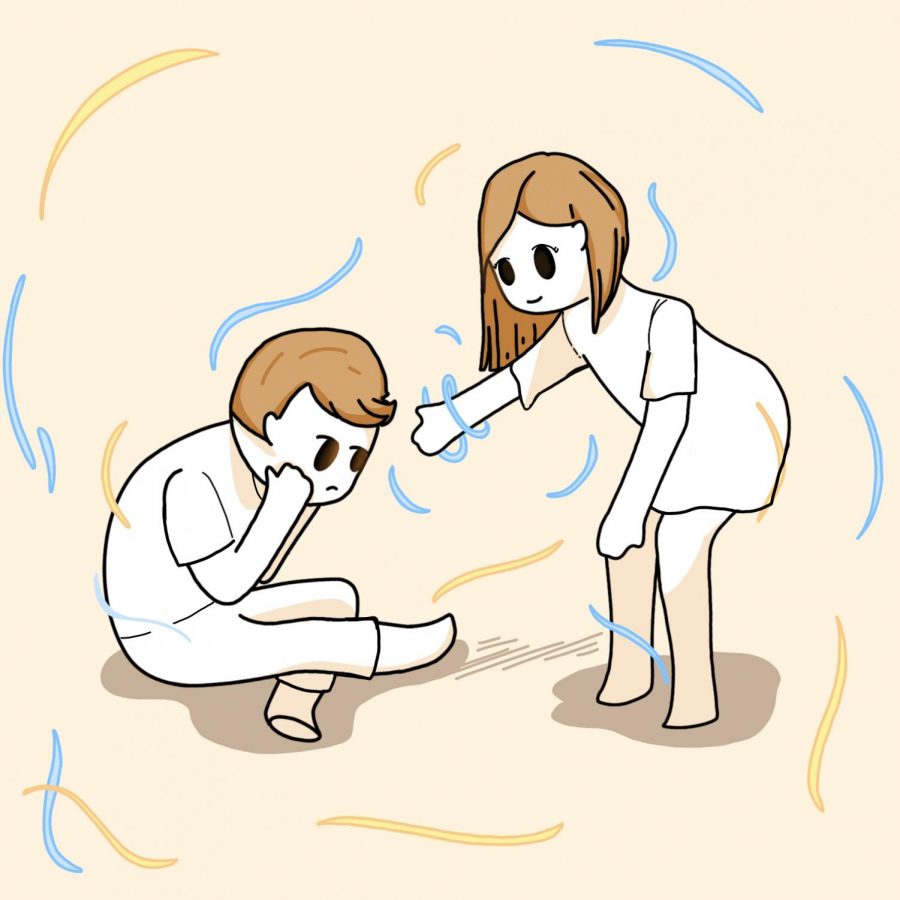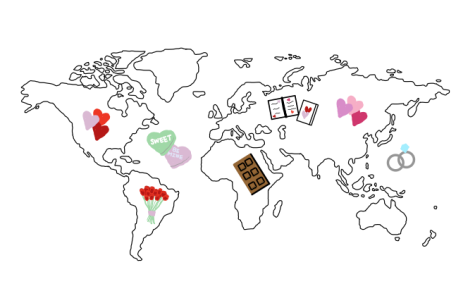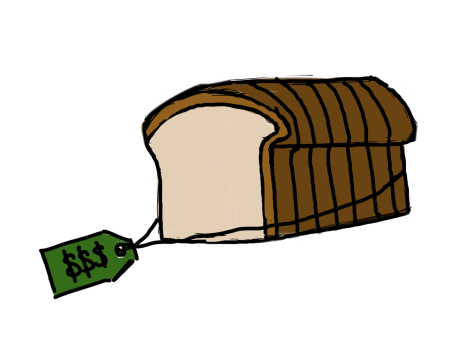Kindness creates contagious feelings for all
Kindness has been considered a soft topic, but academically, it has taken a serious part in research. There is still plenty to discover with kindness and Robin Banerjee, a developmental psychologist, has found 35 papers on kindness in psychology journals in the whole of the 1980s. In the past decade, there were more than 1,000 papers on kindness.
There is a lot of research that has been done that can tell people these things: acting kindly makes people feel good, kindness is contagious, acting kindly can make people feel less anxious, and that even toddlers can be kind. In an experiment that was run by American psychologist Elizabeth Dunn, people were walking down a street in Vancouver, Canada and they were given an envelope that contained either a $5 or $20 note. Half of these people were told to spend the money on themselves and the others were told to use the money to buy a present for someone else or to donate the money to charity. When they spoke to these people again, most of the people who spent money for others, or donated the money, were happier than the people who spent the money on themselves. This is because of the reward system that shows up in our brains, according to neuroscientists’ research.
Kindness can have a ripple effect. According to the classic study of social norms by Robert Cialdini and his coworkers, people were told that the majority of guests chose to reuse their towels, so they also did the same, because they wanted to be kind to the planet and keep their towels instead of having them replaced with new ones. It motivated people to act the same way.
“I think that people change and adapt to their surroundings, so I do believe that people act kind because others around them act kind, and it can also be vice-versa,” said senior Joanna George.
In an experiment conducted by Jennifer Trew from Simon Fraser University, students who experience social anxiety were asked to perform acts of kindness for four weeks. Compared to the group that was not asked to do kind acts, the people who did acts of kindness had reduced social anxiety and desire to avoid social situations.
Although toddlers are famous for their tantrums, some experiments show that they are capable of kindness. In one of the experiments, a toddler was playing close to an open box. They had marbles to use for their game. There was an older person who ran out of marbles to play with. Then, there was a digital analysis of the child’s body language that showed that they were delighted to help the older person get another marble instead of finding one for themselves. Many older children and teenagers had a capacity for kindness as well.
“It was easier to communicate through insults and jokes, and to go along with the classic excuse/pretense of “we wouldn’t say those things if we didn’t really love you”, although I rarely ever felt love during those interactions,” said theology teacher Mr. Patrick McGarry. “It was during college where I finally started to realize the full implications of my actions and how my current attitude wouldn’t get me very far after graduation.”
Here is what psychologists want to know: what the most common acts of kindness are, where do people most often experience kindness, how is kindness viewed at work and what prevents people from being kind.
Psychologists also ask another question: where do people experience kindness the most? Is it at work or school? Considering work, in the world of business, can there be kindness?
“I would say I receive the most acts of kindness when I’m with my wife or her family,” said Mr. McGarry. “My wife takes after her mother, who is the most thoughtful person I’ve ever met. Every Sunday, we go and have dinner with my wife’s parents and almost always there’s some special surprise waiting for one or both of us – maybe it’s a favorite dessert, maybe it’s a fun knick-knack she found just for you on Amazon, or something else ridiculously thoughtful. I guess I find myself saying “thank you” around them more than anywhere else I go, so that ought to be a good measure of the kindness shown!”
Can there be any barriers that stop people from being kind? There are so many factors of kindness, but it is known that there are kind acts everywhere. People’s different age groups, cultures, locations, styles of life don’t matter when it comes to kindness. It is important to continue doing kind acts to those surrounding people. As a community that follows the acts of kindness and followers of Jesus, kindness can bring joy to everyone in the community.
Your donation will support the student journalists of Saint Viator High School. Your contribution will allow us to purchase equipment and cover our annual website hosting costs.








